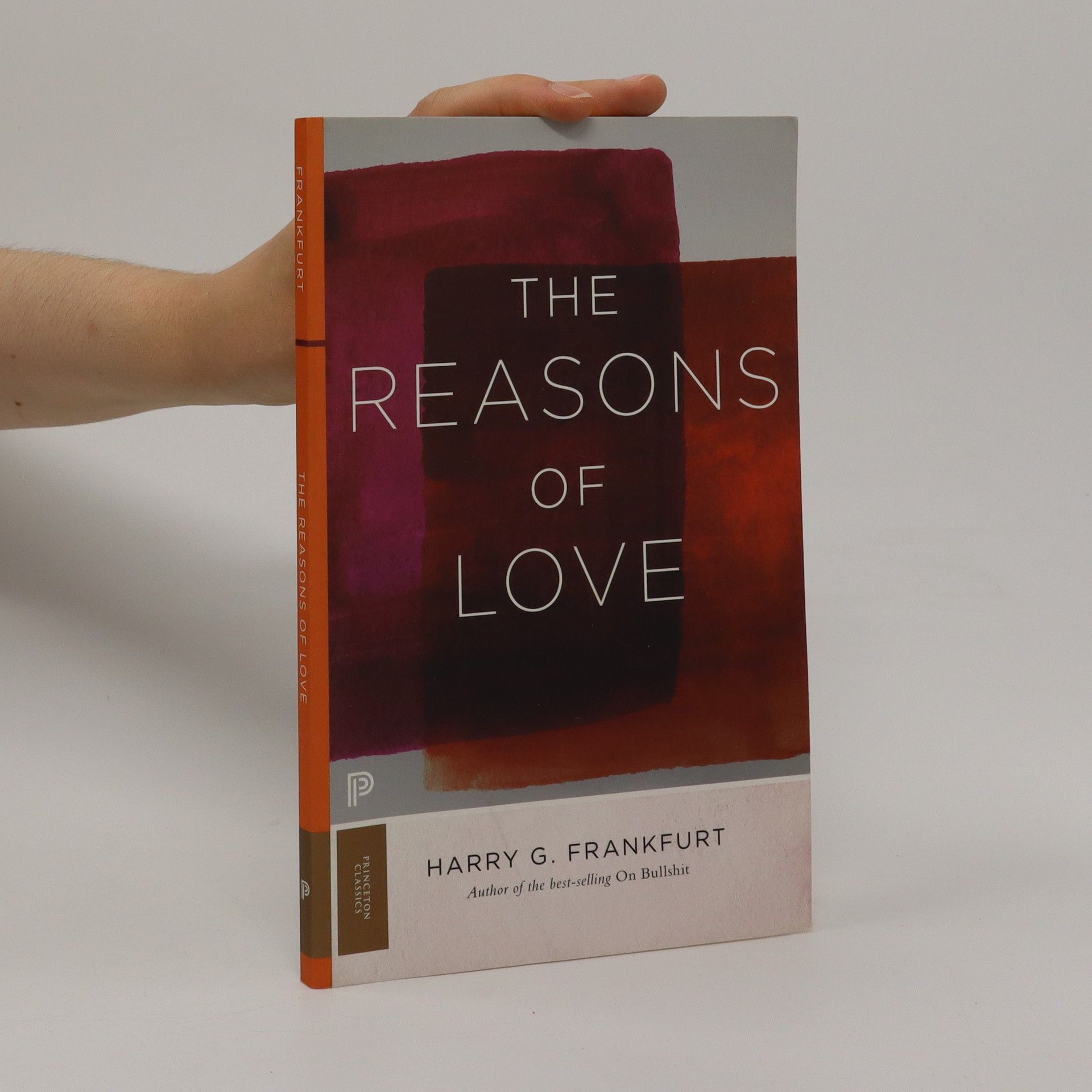Sračky
- 48pages
- 2 heures de lecture
Harry Gordon Frankfurt était professeur de philosophie à l'Université de Princeton. Ses travaux explorent principalement l'éthique, la philosophie de l'esprit et l'épistémologie. Frankfurt est réputé pour ses essais et livres influents qui remettent souvent en question les hypothèses courantes dans ces domaines. Son style analytique et sa profondeur de pensée en font une figure marquante de la philosophie contemporaine.






Warum wir nicht alle gleich viel haben müssen
Das philosophische Enfant terrible Harry G. Frankfurt ist zurück, und zwar mit einem Paukenschlag. Nach seinem Welterfolg Bullshit widmet er sich in bewährt streitbarer Manier einer hochaktuellen Debatte: ökonomische Ungleichheit. Während man sich allenthalben einig ist, dass die ungleiche Verteilung von Gütern und Reichtum das große Problem unserer Zeit sei, postuliert Frankfurt die radikale Gegenthese: Ungleichheit ist moralisch irrelevant. Mit schwindelerregenden Gedankenexperimenten wirft Frankfurt ein vollkommen neues Licht auf Begriffe wie Genügsamkeit, Glück und Gerechtigkeit – und beantwortet nebenbei die heikle Frage, warum wir nicht alle gleich viel haben müssen. In zwei Essays stellt Harry G. Frankfurt eine Debatte auf den Prüfstand, die bisher niemand hinterfragt hat, und bringt vermeintlich unumstößliche Gewissheiten ins Wanken. So rigoros wie wegweisend, so überraschend wie überfällig.
Having outlined a theory of bullshit and falsehood, Frankfurt turns to what lies beyond them: the truth, a concept not as obvious as some might expect. (Philosophy)
A clear, accessible exploration of how and why we love by prominent philosopher and bestselling author Harry Frankfurt In The Reasons of Love, leading moral philosopher and bestselling author Harry Frankfurt argues that the key to a fulfilled life is to pursue wholeheartedly what one cares about, that love is the most authoritative form of caring, and that the purest form of love is, in a complicated way, self-love. Through caring, we infuse the world with meaning. Caring provides us with stable ambitions and concerns; it shapes the framework of aims and interests within which we lead our lives. Frankfurt goes on to explain that the most important form of caring is love, a nonvoluntary, disinterested concern for the flourishing of what is loved. And he contends that the purest form of love is self-love. This sounds perverse, but self-love—as distinct from self-indulgence—is at heart a disinterested concern for whatever it is that the person loves. The most elementary form of self-love is nothing more than the desire of a person to love. Insofar as this is true, self-love is simply a commitment to finding meaning in our lives.
Für den Liebenden ist die Liebe eine Quelle von Gründen. Sie schafft die Gründe, die seine Handlungen liebevoller Zuwendung und Hingabe inspirieren.
Presents a theory of bullshit, how it differs from lying, how those who engage in it change the rules of conversation, and how indulgence in bullshit can alter a person's ability to tell the truth.